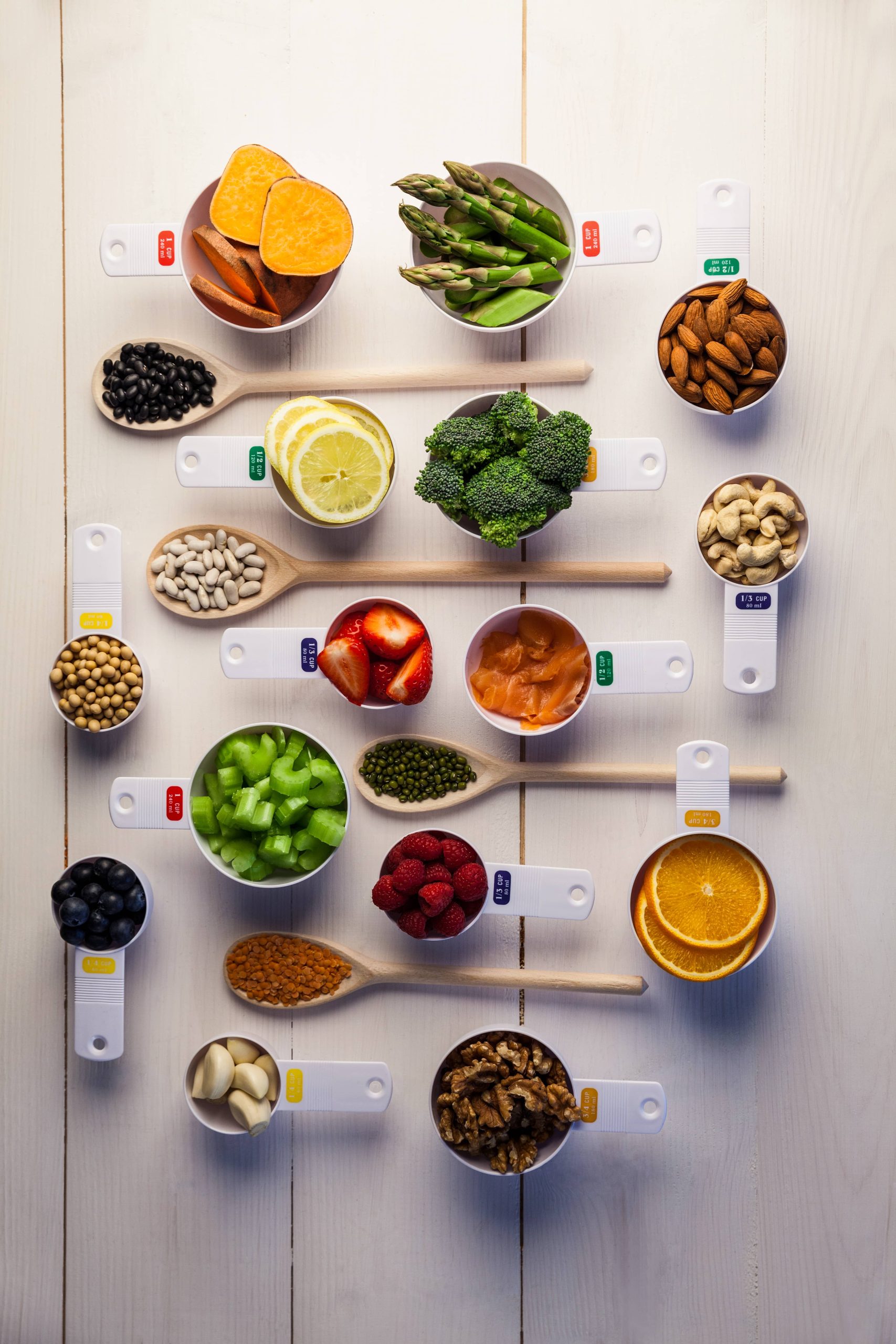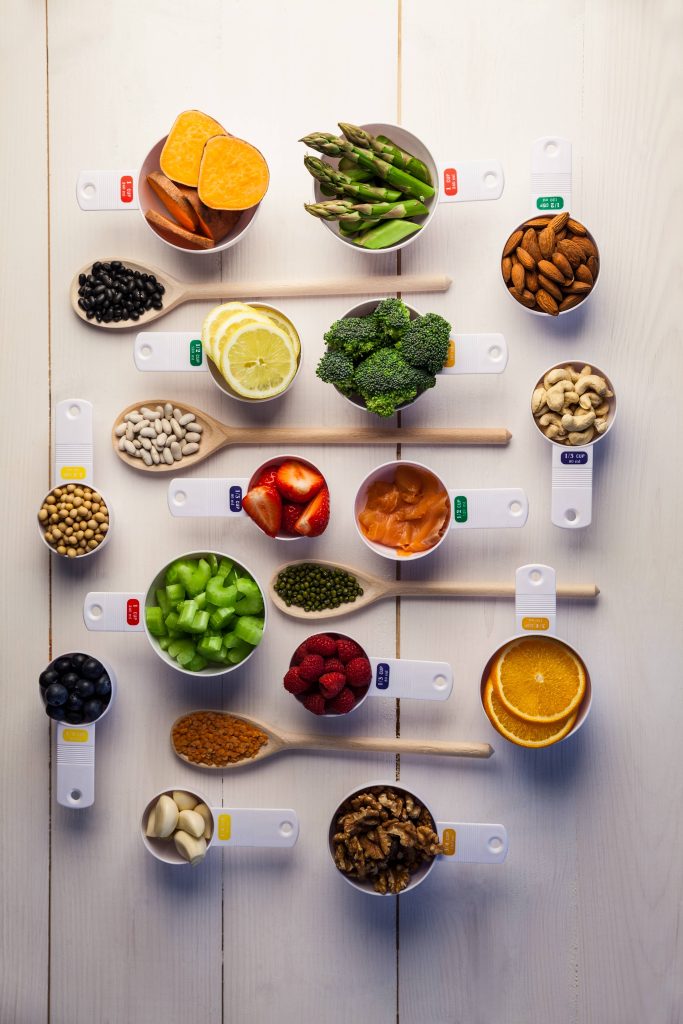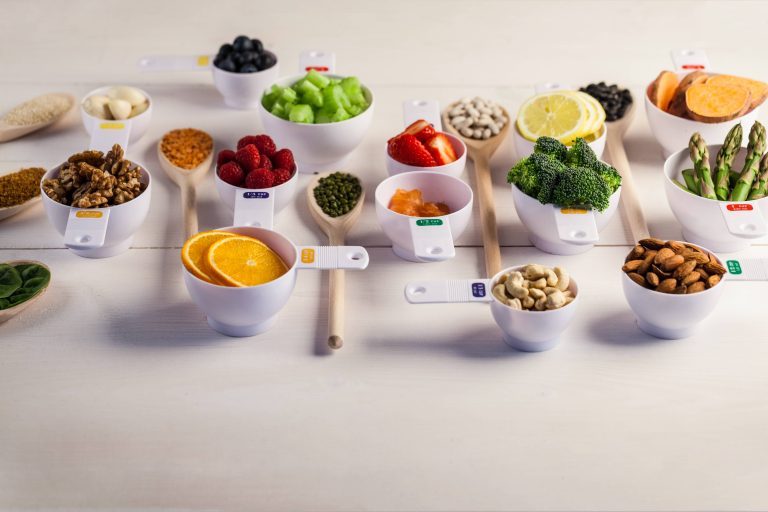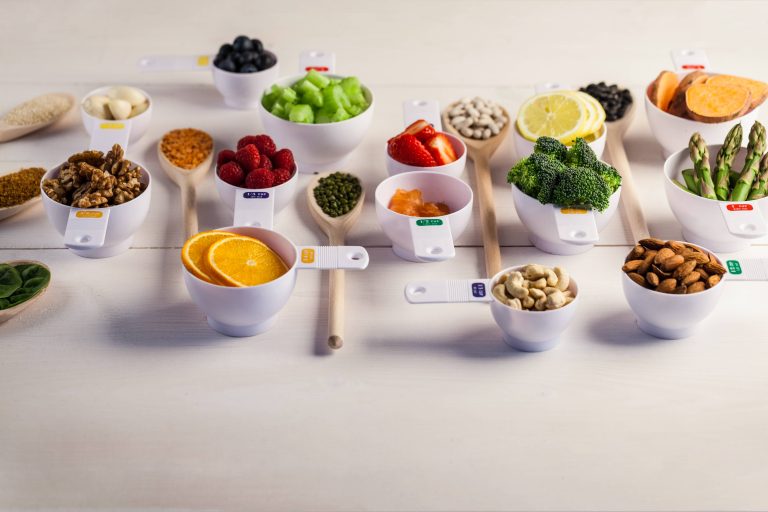
In today’s fast-paced world, where convenience often trumps nutrition, maintaining a healthy weight can seem like an elusive goal. However, the secret to effective weight management lies not in fad diets or extreme exercise regimens, but in mastering your plate. By understanding the principles of balanced nutrition and making mindful choices, you can achieve and maintain a healthy weight while enjoying a variety of delicious foods.
Understanding the Basics of Nutrition
Before diving into the specifics of weight management, it’s essential to understand the basics of nutrition. Our bodies require a balance of macronutrients—carbohydrates, proteins, and fats—and micronutrients—vitamins and minerals—to function optimally. Each of these nutrients plays a unique role in our health:
– Carbohydrates are the body’s primary energy source. They should come from whole grains, fruits, and vegetables, which provide fiber and essential nutrients.
– Proteins are crucial for building and repairing tissues. Lean meats, fish, beans, and legumes are excellent sources.
– Fats are necessary for hormone production and nutrient absorption. Focus on healthy fats from sources like avocados, nuts, and olive oil.
The Importance of Portion Control
One of the most effective strategies for weight management is portion control. Even healthy foods can contribute to weight gain if consumed in excessive amounts. Here are some tips to help you manage portion sizes:
– Use smaller plates and bowls: This simple trick can help you eat less without feeling deprived.
– Pay attention to hunger cues: Eat when you’re hungry and stop when you’re satisfied, not when you’re full.
– Avoid eating straight from the package: Serve snacks in a bowl to prevent mindless munching.
Building a Balanced Plate
Creating a balanced plate is key to mastering your diet. The USDA’s MyPlate model is a helpful guide:
– Half your plate should be fruits and vegetables: These foods are low in calories and high in nutrients, making them ideal for weight management.
– A quarter of your plate should be lean protein: This helps keep you full and supports muscle maintenance.
– The remaining quarter should be whole grains: These provide sustained energy and fiber.
Mindful Eating Practices
Mindful eating involves paying full attention to the experience of eating and drinking, both inside and outside the body. Here are some practices to incorporate:
– Eat slowly and savor each bite: This can help you enjoy your food more and recognize when you’re full.
– Eliminate distractions: Turn off the TV and put away your phone to focus on your meal.
– Reflect on your food choices: Consider the nutritional value and how the food makes you feel.
The Role of Hydration
Staying hydrated is often overlooked in weight management. Water is essential for digestion, nutrient absorption, and metabolism. Sometimes, our bodies confuse thirst with hunger, leading to unnecessary snacking. Aim to drink at least eight glasses of water a day, and more if you’re active.
Planning and Preparing Meals
Meal planning and preparation can significantly impact your ability to manage your weight. By planning your meals, you can ensure a balanced diet and avoid the temptation of unhealthy options. Here are some tips:
– Plan your meals for the week: This helps you make healthier choices and saves time.
– Prepare meals in advance: Cook in bulk and store portions for later to avoid the lure of fast food.
– Keep healthy snacks on hand: Stock up on fruits, nuts, and yogurt to curb cravings.
The Impact of Lifestyle on Weight Management
Beyond diet, lifestyle factors play a crucial role in weight management. Regular physical activity, adequate sleep, and stress management are all important:
– Exercise regularly: Aim for at least 150 minutes of moderate aerobic activity or 75 minutes of vigorous activity each week.
– Prioritize sleep: Lack of sleep can disrupt hormones that regulate hunger and appetite.
– Manage stress: Chronic stress can lead to emotional eating and weight gain.
Conclusion
Mastering your plate is not about strict dieting or deprivation; it’s about making informed choices and creating a sustainable lifestyle. By understanding nutrition, controlling portions, and adopting mindful eating practices, you can achieve effective weight management. Remember, it’s not about perfection but progress. Start with small changes, and over time, these will lead to significant improvements in your health and well-being. Embrace the journey to mastering your plate, and you’ll find that maintaining a healthy weight becomes a natural part of your life.










